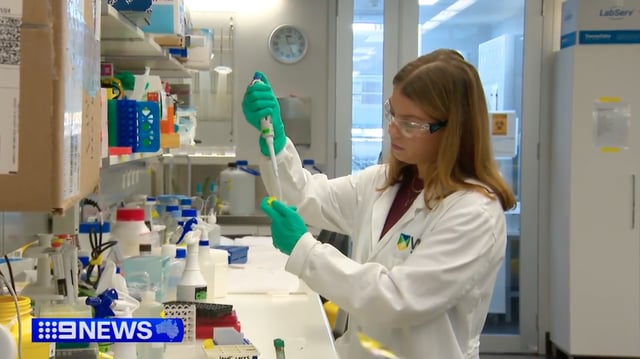Overview
- The assay pulses patient blood with gluten peptides to trigger interleukin-2 release from gluten-specific T cells
- Researchers validated the test on 181 volunteers, including treated and untreated celiac sufferers, gluten-sensitive individuals, and healthy controls
- Strength of the interleukin-2 signal correlated with symptom severity and identified asymptomatic cases often missed by current methods
- By eliminating the need for gluten challenges and invasive gastroscopies, the test could lower barriers and boost diagnosis rates
- Walter and Eliza Hall Institute and Novoviah Pharmaceuticals are extending trials to diverse cohorts and aim for clinical approval within two years



